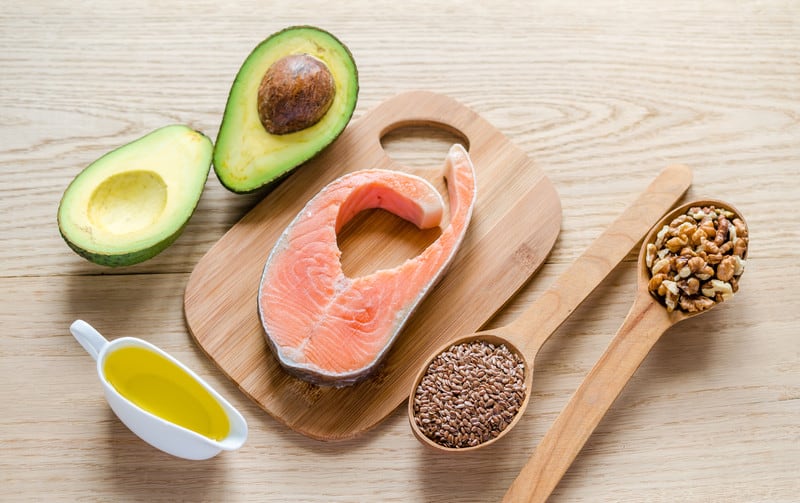 In the late 1970’s, rising rates of obesity, heart disease and some cancers were blamed on dietary fat. A few early studies linked fat consumption with higher blood cholesterol levels, and suddenly fat was a new enemy. It seemed so simple: eat fat, get fat. So everyone went on low-fat diets. By the 1990’s, low-fat food products were everywhere. Butter and eggs were banished from the breakfast table; muffins the size of a baby’s head took their place. We replaced fat with carbs. And of course we kept getting fatter.
In the late 1970’s, rising rates of obesity, heart disease and some cancers were blamed on dietary fat. A few early studies linked fat consumption with higher blood cholesterol levels, and suddenly fat was a new enemy. It seemed so simple: eat fat, get fat. So everyone went on low-fat diets. By the 1990’s, low-fat food products were everywhere. Butter and eggs were banished from the breakfast table; muffins the size of a baby’s head took their place. We replaced fat with carbs. And of course we kept getting fatter.
It’s not fat that makes you fat — it’s sugar
Fat Facts
1. Fat is a necessary nutrient

Up to 40% of your calories should come from fat
Did you know 20% to 40% of your dietary calories should come from fat? Your body needs fat for cell formation, transportation of fat-soluble vitamins (A, D, E and K), nerve transmission, hormone function, body temperature regulation and internal organ protection.
2. Fat doesn’t make you fat
That’s right, fat doesn’t make you fat. It doesn’t raise your cholesterol levels either. Foods like whole-fat plain Greek yogurt can actually help you lose weight: the fat makes you feel full, while sugar just makes you crave more sugar.
There are good fats and bad fats
3. “Low-fat” food products might make you fat
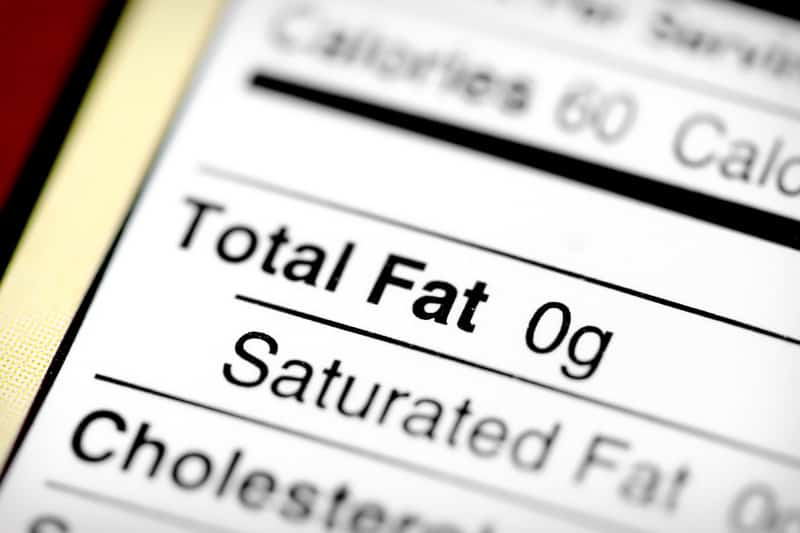 Fat makes food taste good. Without it, many foods taste terrible. (Ever had skim milk cheese? I rest my case.) Fat adds a satisfying texture and mouthfeel. When food manufacturers remove the fat from a natural food, they often add sugar, flour or other starches to make their product creamier and more palatable.
Fat makes food taste good. Without it, many foods taste terrible. (Ever had skim milk cheese? I rest my case.) Fat adds a satisfying texture and mouthfeel. When food manufacturers remove the fat from a natural food, they often add sugar, flour or other starches to make their product creamier and more palatable.4. Not all fats are created equal
Here are 4 high-fat foods to add to your diet
Full Fat Yogurt
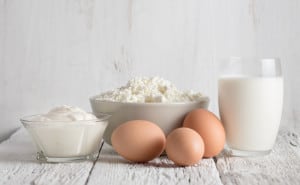 Scandinavian studies have shown people who eat full-fat, unsweetened yogurt are leaner than those who choose the low-fat variety. That’s partly because the low-fat versions often contain carbohydrate thickeners and emulsifiers to mask that unappetizing runny texture, as well as sugar (usually masquerading as fruit) to make it taste less awful. Some low-fat yogurts contain as much sugar as a Twinkie! And if that’s not bad enough, removing the milk fat from yogurt eliminates most of the calcium and magnesium too.
Scandinavian studies have shown people who eat full-fat, unsweetened yogurt are leaner than those who choose the low-fat variety. That’s partly because the low-fat versions often contain carbohydrate thickeners and emulsifiers to mask that unappetizing runny texture, as well as sugar (usually masquerading as fruit) to make it taste less awful. Some low-fat yogurts contain as much sugar as a Twinkie! And if that’s not bad enough, removing the milk fat from yogurt eliminates most of the calcium and magnesium too.Nuts
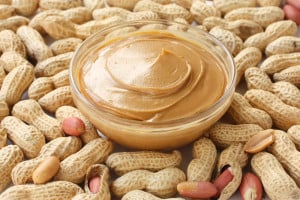 Nuts, another food we avoided in the fat-fearing days, are a nutritional powerhouse. They’re full of protein, fibre, vitamins and minerals. As a midday snack, a serving of nuts (a handful about the size of a golf ball) will make you feel pleasantly full — and might just prevent you from noshing on the timbits your naughty co-worker brought into the office!
Nuts, another food we avoided in the fat-fearing days, are a nutritional powerhouse. They’re full of protein, fibre, vitamins and minerals. As a midday snack, a serving of nuts (a handful about the size of a golf ball) will make you feel pleasantly full — and might just prevent you from noshing on the timbits your naughty co-worker brought into the office!Avocados
Did you know the avocado is actually a fruit? Avocados are about 70% fat, most of it healthy, monounsaturated oleic acid (also found in olive oil). For many years avocados were thought to be fattening, but recent studies suggest people who eat avocados tend to be leaner and have less belly fat than those who don’t.
Eggs
Eggs are a near-perfect food. They contain all 9 essential amino acids, high levels of A and B-complex vitamins and minerals. Eggs are high in both fat and protein, which makes us feel full for a long time. And no, they don’t raise your cholesterol levels.

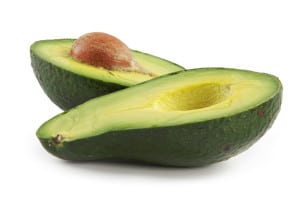
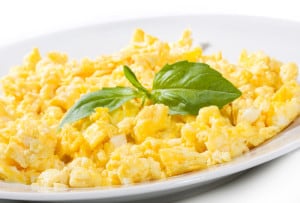
0 Comments